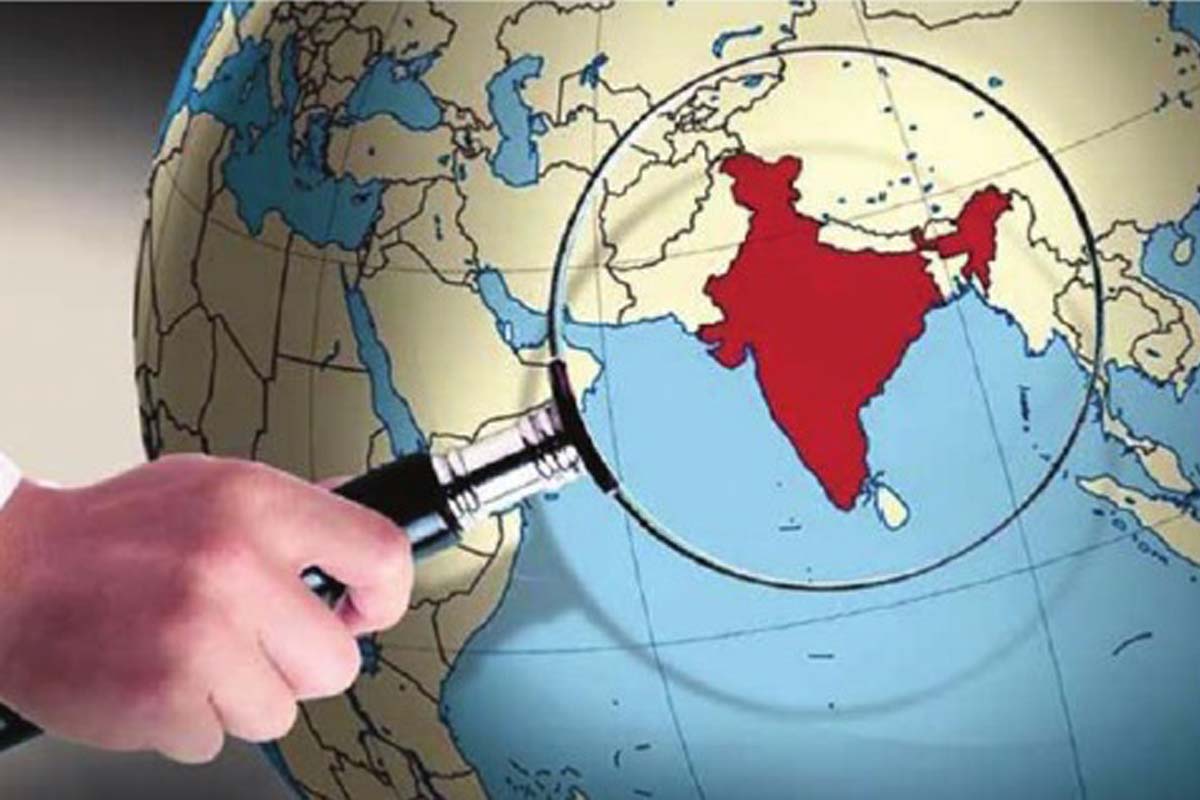
Joseph S. Nye, Professor, Harvard University
Jul 05, 2023
When Indian Prime Minister Narendra Modi met with US President Joe Biden in the White House this month, many observers saw the makings of an evolving alliance a
Ma Jiali, Director, China Reform Forum
Jun 29, 2023
India wants to maintain cordial relations with multiple entities on the international stage, while the United States seeks a tighter alignment. Despite U.S. inducements, India is not likely to abandon its fundamental diplomatic philosophy of strategic autonomy.
Brian Wong, Assistant Professor in Philosophy and Fellow at Centre on Contemporary China and the World, HKU and Rhodes Scholar
May 16, 2023
China and India are Asia’s two largest countries, and both are rising quickly to claim powerful positions in the international order. Their proximity has made them natural competitors - but their relationship’s pillars and challenges will be important to understand in the 21st Century.
Sajjad Ashraf, Former Adjunct Professor, National University of Singapore
Apr 28, 2023
The Indian Ocean, as a maritime crossroads of international trade, is a key area of competition between China and the United States.
Cui Liru, Former President, China Institutes of Contemporary International Relations
Apr 04, 2023
Both countries must correctly handle the difficult problems arising from the competition or cooperation dichotomy using the great wisdom found in their traditional cultures. Both can rise together.
Liu Chang, Assistant Research Fellow, Department for American Studies, CIIS
Sep 19, 2022
IPEF negotiations are underway and four joining statements were recently released at the first in-person IPEF ministerial meeting. But Washington’s motives and the direction they lead negotiations remains to be seen, as they seek to build allyship in the Pacific and increase competition with China.
Lucio Blanco Pitlo III, President of Philippine Association for Chinese Studies, and Research Fellow at Asia-Pacific Pathways to Progress Foundation
May 26, 2022
India and Pakistan share a deeply intertwined and embattled history. And now that India sees China entering the picture to back Pakistani development, the thought of two neighboring rivals growing closer has put India on notice.
Richard Javad Heydarian, Professorial Chairholder in Geopolitics, Polytechnic University of the Philippines
Feb 26, 2022
India is stepping up to seek out stronger relationships with Southeast Asian countries, showing that China is not the only nation in the Pacific region that can provide boons and benefits to friendly partners.
Wu Zhenglong, Senior Research Fellow, China Foundation for International Studies
Oct 11, 2021
Some in India are advocate an American alliance to counter China. But such an alignment would be contrary to India’s founding principles of autonomy. It would also erode India’s standing in the BRICS and SCO groups and damage its relations with Russia.
Sajjad Ashraf, Former Adjunct Professor, National University of Singapore
Jul 22, 2021
Control of the seas is critical for maritime trade, and in the Indian Ocean, global currents have brought China, the U.S., and India together on a potential collision course.
Back to Top

- China-US Focus builds trust and understanding between the U.S. and China through open dialogue among thought leaders.
- Our Offerings
- Topics
- Videos
- Podcasts
- Columnists
- Research Reports
- Focus Digest
- Stay Connected
-
Thanks for signing up!
- Get the latest stories from China-US Focus weekly.